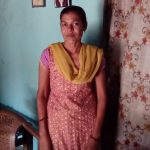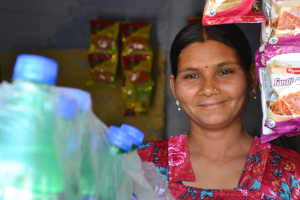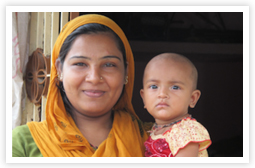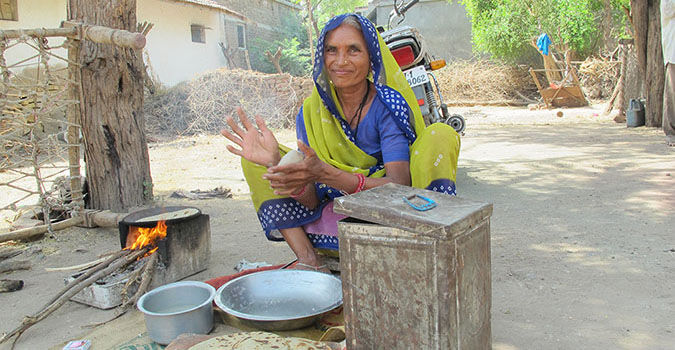Traditional Artisans – new designs in their life
https://www.facebook.com/ShantiLifeIndia/
Surendranagar District, in Gujarat – India, has been home to numerous traditional art forms. Artisans – primarily men, work with silk, cotton and wool – conjuring amazing sarees, stoles, shawls and other contemporary dress materials.
Primarily, the artisans work on handlooms. Artisans engaged in weaving “single ikkat” silk sarees form a formidable group. There is a large number of artisans who work on cotton – churning out khadi products such as cloth, dress material or mats. A small group of weavers practice the “tangaliya” weave (they have the GI – Geographical Indicator akin to a patent) and have been creating stoles, shawls, and other contemporary dress materials.
Raw material is expensive and prices fluctuate. As well, credit access is available but intrest rates are exhorbitant. Normally, the artisans buy the raw material from the local dealer on credit. The dealer charges a high interest rate, while limits the timeframe within which the artisans have to pay for the raw material – with the high interest. The artisans then end up “distress” selling, thereby making very little or no profits.
Shanti Life India Foundation has been supporting the artisans and last year, three of them came forward and took loans worth Rs.30,000.00 each ($450) and bought raw material from the market. They have paid back their loans, over the last 12 months. These three artisans benefitted from the low interest credit access and now have motivated other artisans to seek credit access from Shanti Life India Foundation.
At Surendranagar, two meetings were held. The new artisans were oriented to the process of seeking credit from Shanti Life India Foundation. Discussions focused on the loan application forms and the terms and conditions laid out in the MoU. The importance of using the exisiting banking system too was explained – especially in keeping the interest rates low and to help build the credit history of the artisans. This would help them graduate to the bank for future loans.
In all, 15 loans were provided to 15 artisans. The forms and the MoUs were signed and stamped. Loan cheques were then handed over to the artisans. The post dated cheques were collected from each loan applicant. Three artisans increased their loan amount to Rs.40,000.00 ($600) (last year it was Rs.30,000.00 – $450) while the rest being new were provided with a base loan of Rs.15,000.00 each ($225) Of the 15, two women artisans came forward while 13 men artisans were provided loans.
Shanti Life India Foundation – provided a total of Rs. 2,95,000.00 ($4400) and we hope that this credit access will help the artisans make a better profit. This wuld inmapct the family’s quality of life – especially the women and the children in the artisan’s family.
















